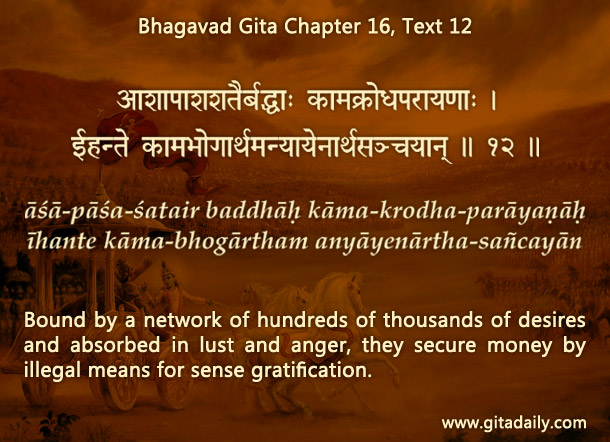Our possessions such as properties and positions give us power to do things. Losing any such possession is disempowering. However, among all such losses, the most disempowering loss is the loss of faith in our free will. Why? Because we need that faith to channel constructively all our other possessions.
We may lose that faith emotionally or intellectually. Emotionally, if we get addicted to something and try repeatedly to give it up, but fail, then we may feel we don’t have free will. Of course, addiction does decrease the scope of our free will, but it never takes away our free will entirely. Alcoholics may not be able to stop drinking, but they can still choose what they do between their drinking binges.
Intellectually, we may be led by atheistic materialism to believe that we are just biological robots driven by our neural programming. Just as a dropped material object has no power to resist falling, we too have no power to resist our programming. Curiously however, aggressive atheists who believe that we are just programmed machines write books intended to convert theists to atheism. Their writings imply that they do believe theists have the free will to change their beliefs.
Gita wisdom acknowledges that our desires bind us (16.12) and that our bodies are machines (18.61). Yet it stresses that we are neither our desires nor our bodies; we are the choosers of our desires and the programmers of our bodies. Thus, it concludes by urging us to use our free will after due deliberation (18.63).
When we equip ourselves intellectually with Gita wisdom and emotionally with devotional shelter of our indwelling Lord, we can reject delusionary denials of free will and use judiciously whatever free will we have to make wise choices.

To know more about this verse, please click on the image
Explanation of article:
Podcast:

Leave A Comment